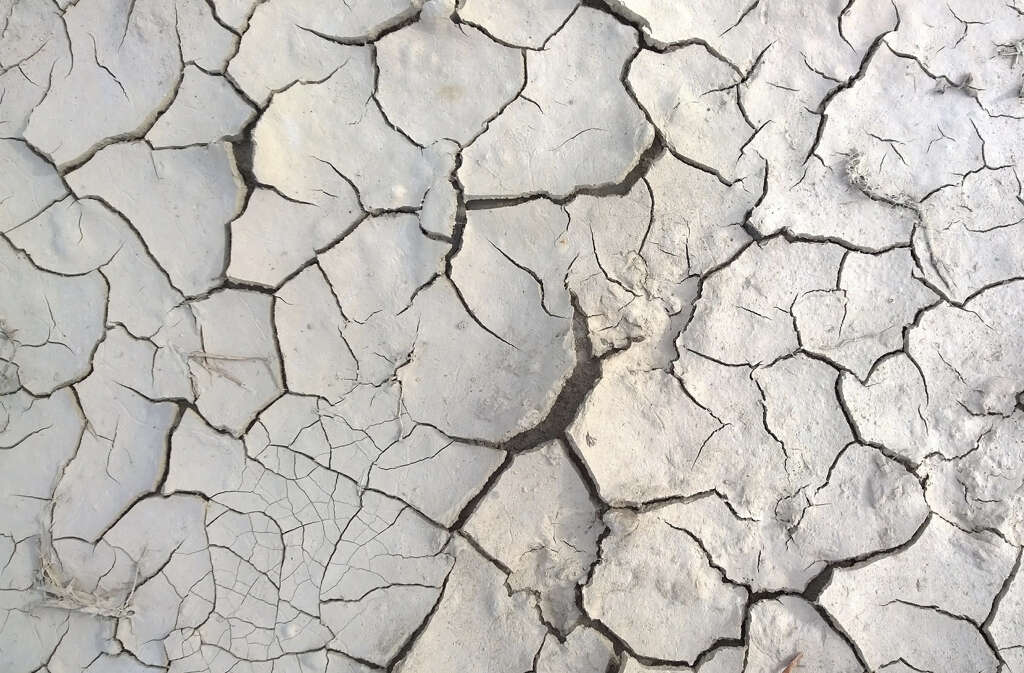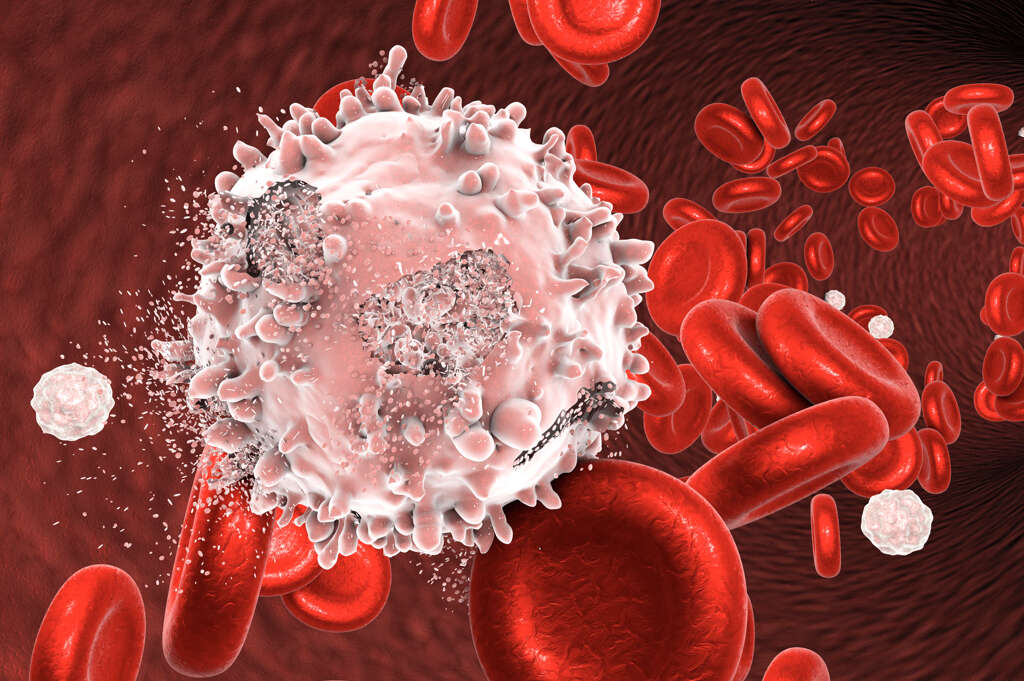What Causes Nosebleeds?
The skin that lines the inside of our noses is quite thin and delicate, as are the blood vessels just beneath that skin. These can become broken relatively easily, causing blood to leak out in what is commonly known as a nosebleed. Nosebleeds are not usually serious and the bleeding will stop with no harm done.
Nosebleeds are perhaps the most common form of bleeding we will experience. There are numerous different causes, most of which are harmless but nosebleeds can also sometimes be caused by something serious. Here’s a look at some of the most common reasons why your nose might be bleeding.

1. Nose Picking
It is common for us to have something in our nose that is irritating us. In many cases it will be nasal mucus that has dried and solidified. We are usually recommended to blow our nose rather than pick at it, but blowing is not always effective. In some cases, we can be left with little choice but to use our nails instead.
Mucus can become attached to the interior lining of the nose, however, and this can mean damage is caused to the nose as the mucus is pulled away. What’s more is that sharp nails are also likely to cause damage to the delicate nasal lining.

2. Dry Air
Another fairly common cause of nosebleeds is dry air. The inside of our noses is kept moist with help from the mucus that lines the interior of the nose. If you are passing a lot of dry air over this mucus then the mucus itself can begin to dry out, and this can result in bleeding.
Moist mucus will usually pass out of the nose easily when needed. When it is dry, however, it can become attached to the delicate skin. Dry air can also cause the lining of the nose itself to become dry, and this may cause it to become broken, also increasing the chances of a nosebleed.

3. Trauma
Our noses are in quite a precarious position on the front of our faces, and they have little to no protection. They are also not particularly strong with a thin bony ridge that can be broken relatively easily. Thus, it is not uncommon for our noses to be damaged even with a fairly slight impact.
Injuries from an impact are among the most common causes of a nosebleed. They are particularly common among people who play sports and take part in other physical activities. Having recently undergone surgical procedures on the nose will also make it more likely that nosebleeds will occur.

4. Allergies
Allergies can be very uncomfortable and can cause the nasal lining to become inflamed and irritated. This, in turn, can result in a nosebleed, especially considering the patient is also likely to be blowing their nose regularly. The same problems can happen when the nasal lining is irritated because of the common cold.
Non-allergic rhinitis is another condition that will sometimes lead to nosebleeds. This is a condition where the patient’s nasal lining is more sensitive than usual, causing it to become irritated and inflamed easily. Treatments for these conditions, such a nasal sprays, will also sometimes result in a nosebleed.

5. Sinusitis
The sinuses are chambers located in the skull. Their exact purpose is not clear, although it is known that they produce the mucus that lines the inside of our noses. They also help to make our skulls lighter, while it is also thought that the cavities help to enhance our voices. They will sometimes lead to problems, however.
The sinuses are themselves lined with a soft tissue, and this tissue is prone to infections. These infections can result in inflammation, which is known as sinusitis. This, in turn, will lead to a number of unwelcome symptoms, one of which is an increased chance of nosebleeds.

6. Medication
Some chemicals can also cause nosebleeds if they are inhaled. If people are going to be using chemicals then it is highly recommended they take all necessary precautions like wearing safety masks. Some chemicals can cause serious damage if sufficient precautions are not undertaken.
Taking some types of medication that help to thin the blood will also sometimes cause nosebleeds. Aspirin is a common medication that can result in nosebleeds. Others include medication that helps to prevent blood clotting, such as heparin and warfarin. Excess alcohol consumption will also sometimes lead to nosebleeds, while inhaling cocaine will also sometimes cause the nasal lining to break and bleed.

7. Blood Disorders
Other potential causes of nosebleeds include certain blood disorders. This includes hemophilia, which is a condition that affects the blood’s ability to clot to prevent excess blood loss. This means even the smallest of injuries can result in heavy bleeding. It is a potentially dangerous condition because it can result in severe blood loss and dangerous internal bleeding.
Another potential cause of nosebleeds is immune thrombocytopenia. This is a type of autoimmune condition that causes the patient to bruise and bleed more easily than usual. There is also hereditary hemorrhagic telangiectasia which is a condition that causes the blood vessels to form abnormally.

8. Deviated Septum
The septum is the bottom part of the ridge of the nose that separates the two nostrils from each other. The septum is not usually completely straight, meaning the nasal passage will be split exactly 50/50. However, the difference is usually so slight that it won’t be noticed. In a deviated septum, however, this difference will be somewhat more noticeable.
A deviated septum can mean the patient has difficulty breathing from at least one of their nostrils. The condition can also cause pain, loud snoring, and nosebleeds. Some people are born with the condition while it can also be caused by an injury.

9. Leukemia
Leukemia is a variety of cancer that affects the patient’s bone marrow and blood. There are different varieties of leukemia which can all cause a number of unwelcome symptoms. These symptoms include frequent infections, bone pain, fatigue, swollen lymph nodes, and bleeding more easily than usual.
Another potential cause of nosebleeds is paranasal tumors which are growths of tissue inside the nose or sinuses.
These growths can cause a variety of symptoms, including a loss of smell, breathing difficulties, swelling and pain, vision problems, difficulty opening the mouth, and nosebleeds. The tumors are often benign, but they will be malignant in some cases.

10. Pregnancy
During pregnancy there will be more blood than usual flowing through the mother’s body. The increase in the volume of blood in the body will put more pressure on the delicate blood vessels in the nose. In some cases, this can cause the blood vessels to burst, and this can cause the nose to start bleeding.
This phenomenon will happen in around 20% of pregnancies. It is quite normal and there is no need to be concerned as the bleeding will usually stop within a few minutes. If you feel the bleeding is too heavy or is not stopping soon enough then you should speak with your doctor as soon as you can.












